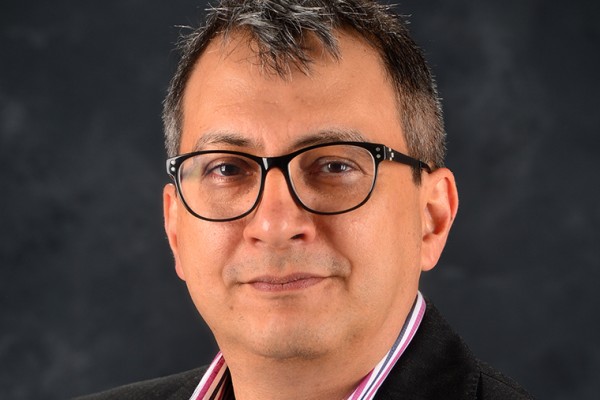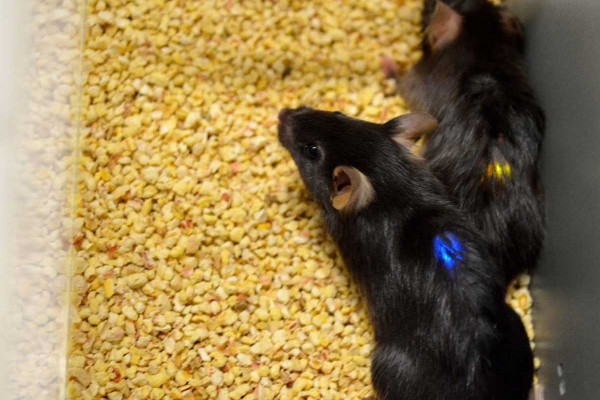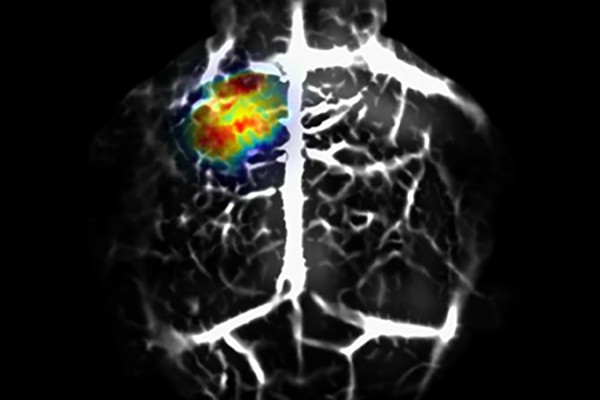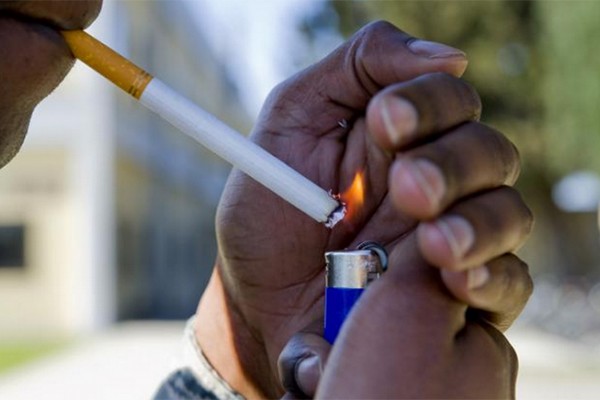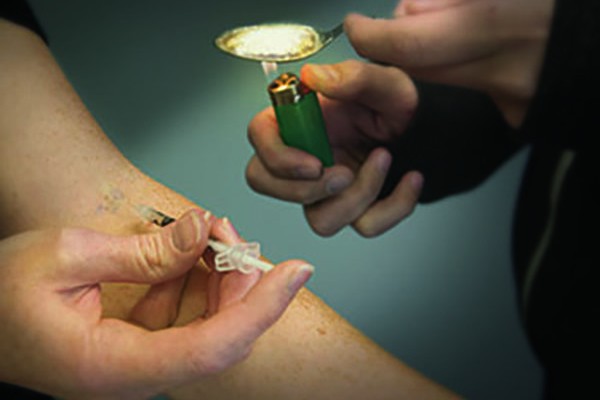Washington University receives $1.6 million Gates Foundation grant
Washington University in St. Louis has received a two-year, $1.6 million grant from the Bill & Melinda Gates Foundation. Wolfgang Munar, MD, associate director for Global Social Policy at the Brown School’s Social System Design Lab and associate director of the Institute for Public Health’s Global Health Center, is the project’s primary investigator. The grant money will be used to test a novel methodology that will measure the social structures that enhance or limit adoption of modern contraceptives in rural Ethiopia.
Scientists sniff out female mouse scents that make males frisky
Scientists have identified two chemical scents in the urine of female mice that arouse sexual behavior in males, a discovery that shines a spotlight on how mouse pheromones control behavior.
Implantable wireless devices trigger — and may block — pain signals
Building on wireless technology that has the potential to interfere with pain, scientists have developed flexible, implantable devices that can activate — and, in theory, block — pain signals in the body and spinal cord before those signals reach the brain.
Flipping the switch to better see cancer cells at depths
A team of engineers, led by Washington University’s Lihong Wang and postdoctoral researcher Junjie Yao, found that by genetically modifying glioblastoma cancer cells to express BphP1 protein, derived from a bacterium commonly found in soil and water, they could clearly see tiny amounts of live cancer cells as deep as 1 centimeter in tissue using photoacoustic tomography.
Freshwater fish, amphibians supercharge their ability to see infrared light
Salmon and other freshwater fish and amphibians supercharge their ability to see red and infrared light. Scientists at the School of Medicine have shown that this evolutionary adaptation hinges on the activity of an enzyme that converts vitamin A1 to vitamin A2, enabling the aquatic creatures to more easily navigate murky waters.
Master gene orchestrates regeneration of damaged peripheral nerves
School of Medicine scientists have identified a master gene involved in orchestrating the regrowth of peripheral nerves — the nerves that extend from the spinal column to the hands and feet and have the ability to regenerate and help people regain some movement and sensation. Understanding how these nerves regenerate may aid efforts to regrow spinal cord neurons.
Trial to study if smoking-cessation therapy can be tailored to smokers’ DNA
A School of Medicine study may aid efforts to tailor smoking-cessation treatments to individual cigarette smokers. Researchers are recruiting 720 smokers whose DNA samples, from saliva, will be analyzed to identify genetic variations that influence smoking behavior, lung cancer risk and the effectiveness of smoking-cessation treatments.
On the rise: Painkiller abusers who also use heroin
Drug abusers are not completely abandoning prescription opioids for heroin, according to School of Medicine researchers. Instead, many use the two concurrently based on their availability. The researchers’ findings also reveal regional variations in the use of heroin and prescription painkillers.
Powell named director of gynecologic oncology division
Matthew A. Powell, MD, a noted gynecologic oncologist and researcher, has been named director of the Division of Gynecologic Oncology in the Department of Obstetrics and Gynecology at Washington University School of Medicine.
Eye’s recycling process key to seeing color, bright light
The retina’s rods and cones allow us to see. But although scientists have an idea of what makes rods perform and flourish, they’ve been somewhat in the dark regarding what keeps cones working and thriving. Now, School of Medicine researchers led by Thomas A. Ferguson, PhD, believe they’re closer to the answer and that their findings may one day help preserve vision in patients with age-related macular degeneration and other retinal diseases.
Older Stories
